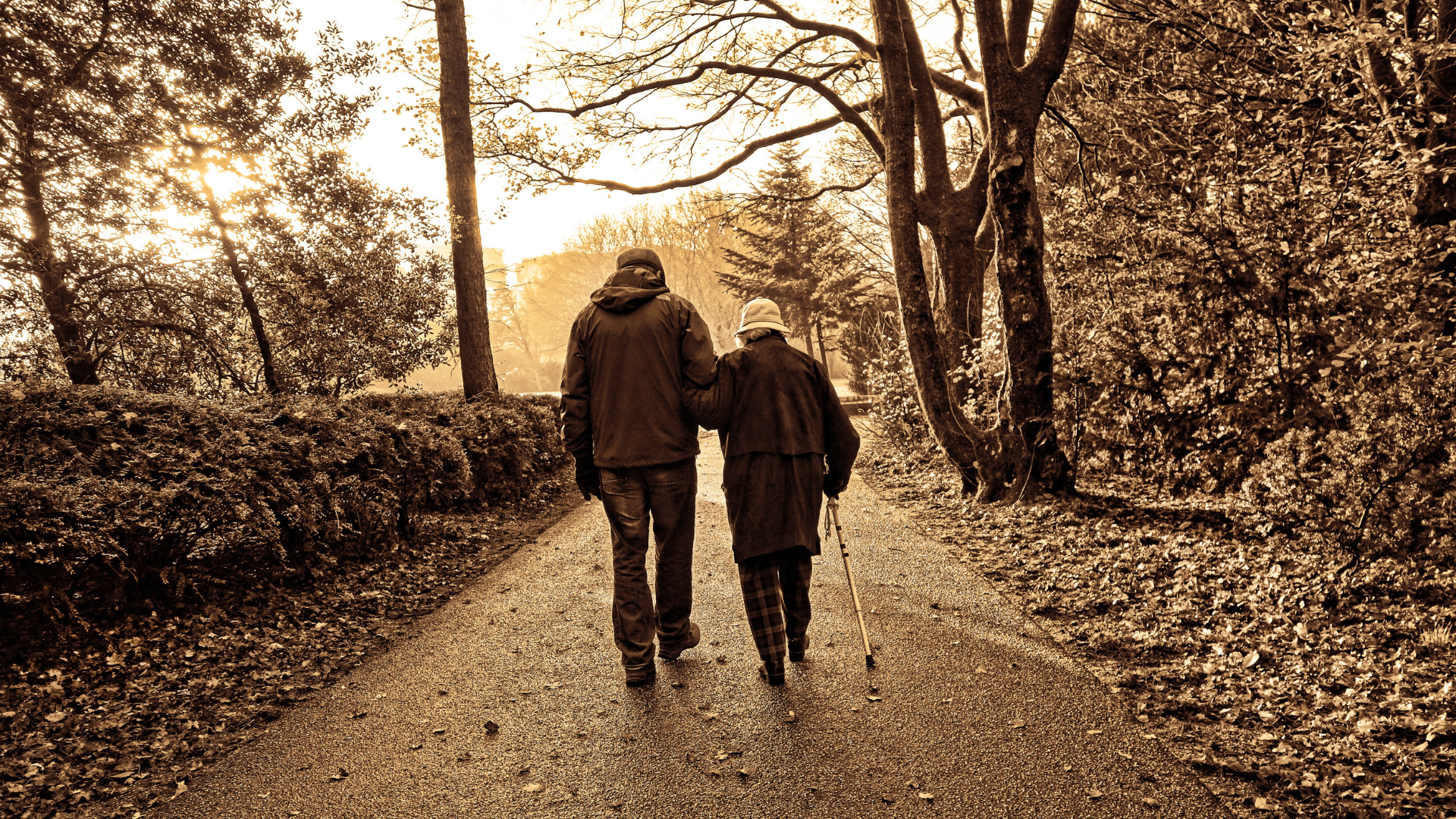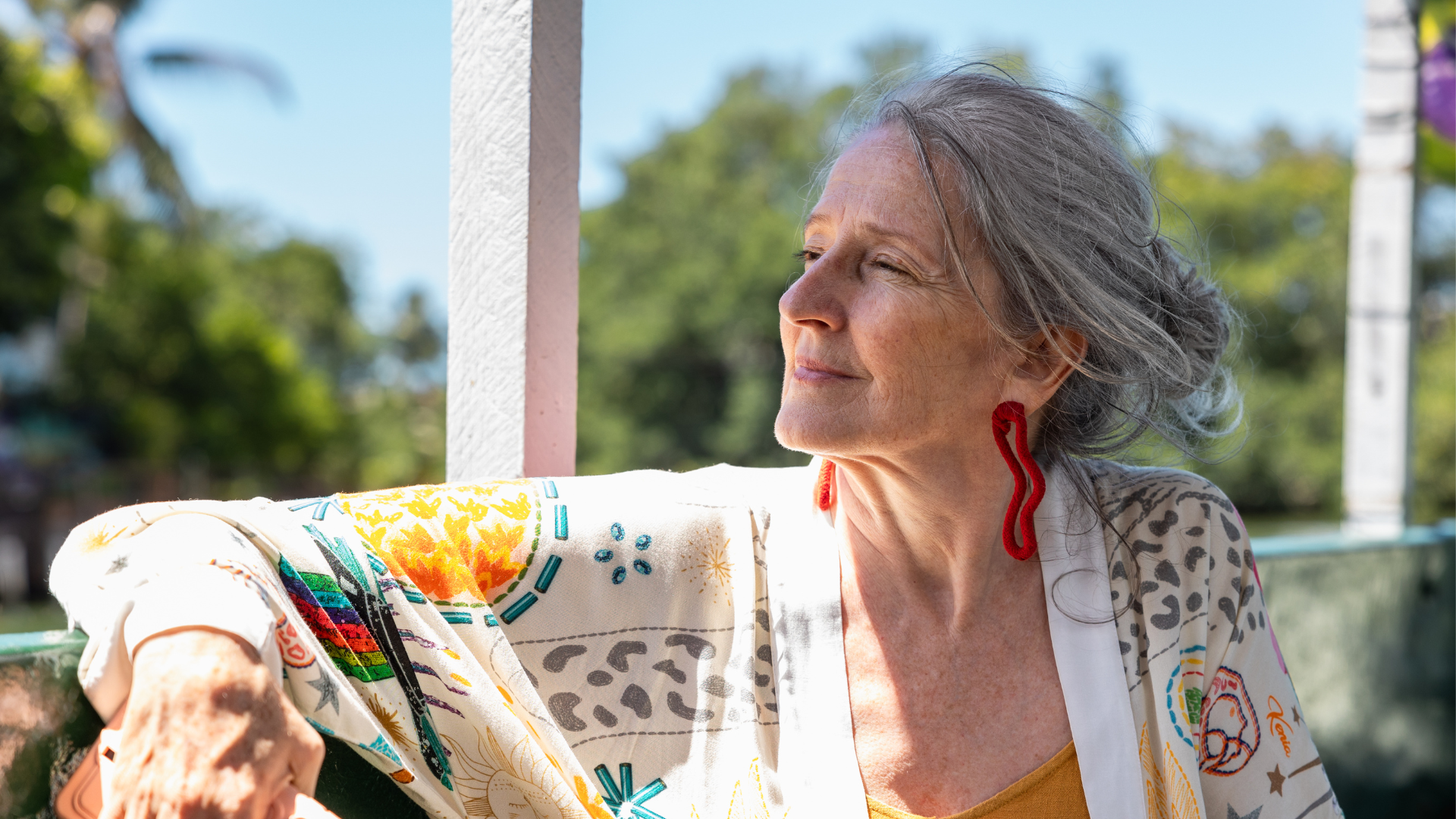Caregiver Blog | 02/15/22
I’m a family caregiver. Are you?

I’m a family caregiver. I say that now and wish I’d said it sooner.
What’s a family caregiver?
Someone who’s providing unpaid care for a spouse, parent, grandparent, extended family member, neighbor, or friend.
Do you help someone with:
- Rides to appointments?
- Buying, organizing, and taking medications?
- Grocery shopping and/or other errands?
- Getting dressed and/or bathed?
- Cooking and cleaning?
- Getting out of bed or moving around the house?
- Laundry or yard work?
- Paying bills?
These are collectively known as Activities of Daily Living (ADLs) and if you’re helping someone with any of these, even just one every once in a while, guess what?
You’re a family caregiver.
Long before we had a name for what was happening to my mother, it was clear that she needed help with little things like managing bills and filling prescriptions. When I began stepping in to help, I’d become a caregiver. But I didn’t see myself as one.
Yet.
It wasn’t until I was officially told that mom had dementia that I began to recognize myself as her caregiver.
Seeing yourself as a caregiver can help
What started as two occasional and sporadic tasks every once in a while evolved into helping with multiple tasks on an everyday basis. That went on for three years.
Mom still didn’t have an official diagnosis and I still didn’t see myself as her caregiver. The stress was piling up. I was absorbing it all, alone, which left me feeling permanently fixed on the emotional, physical, and financial edge. I was silently struggling with all of the weight.
Until I acknowledged to myself, and to others, that I was Mom’s caregiver.
And when I finally did that, three plus years after I’d become relied upon, I soon realized a cascade of benefits.
Gave me a team
Telling my own doctor about the situation was an almost instant release of some of the pressure I had been feeling. The simple act of saying it out loud was refreshing in and of itself.
Then my doctor pointed me to some support groups and other resources that were worth a try.
Being open with friends and family provided the same sort of relief. It also alleviated some of the stress of having to dance around why I couldn’t do this or Mom couldn’t do that when invited to things.
Maybe best of all though, it opened the door to help when I needed it.
Made me aware of available resources
My newfound caregiving team in turn introduced me to helpful resources, such as:
- Support groups (in real-life and online): While support groups aren’t for everyone, they are worth a try.
- Support helplines: In my case it was the Caregiver Action Network, but there are many disease specific non-profits provide helplines as well; so you’re likely to find one that meets your needs.
- Area Agency on Aging: I would have never known that these organizations were such a wealth of information and expertise.
- Support benefits through my insurance company or employer, such as Carallel and MyCareDesk.
Connected me with other caregivers
Meeting other people who understand what you’re going through, because they are going through it too, can be priceless. If for no other reason than the camaraderie between people who truly understand what the other is dealing with, connections with other caregivers can be worth their weight in gold.
Will thinking and referring to yourself as a caregiver be a magic wand that makes caregiving for a loved one easy?
No.
But chances are the benefits that spring from doing so will add up to make your caregiving life, at least a little, easier.
Who knows, you might even wish that you’d done it sooner.
Get in touch to see how Carallel can help your organization support family caregivers. Call 833-227-2553 or email info@carallel.com.
The latest from Carallel

Caregiver Journey Webinar
A Caregiver Conversation by Carallel: Helping Children Adjust When a Loved One Moves In
We dive into the practical realities of moving the person you're caring for into your home - and offer simple tips for helping children adjust....

Blog
The ‘Invisible Second Patient’: Understanding the Role of Dementia Caregivers
There are 16 million Americans caring for a loved one with Alzheimer’s disease or a related dementia today. Despite the group’s sheer size, they...
